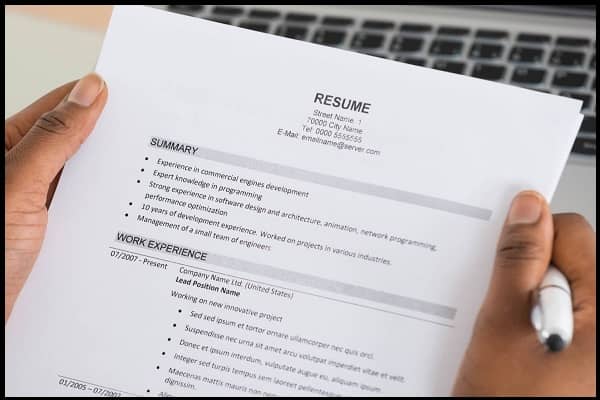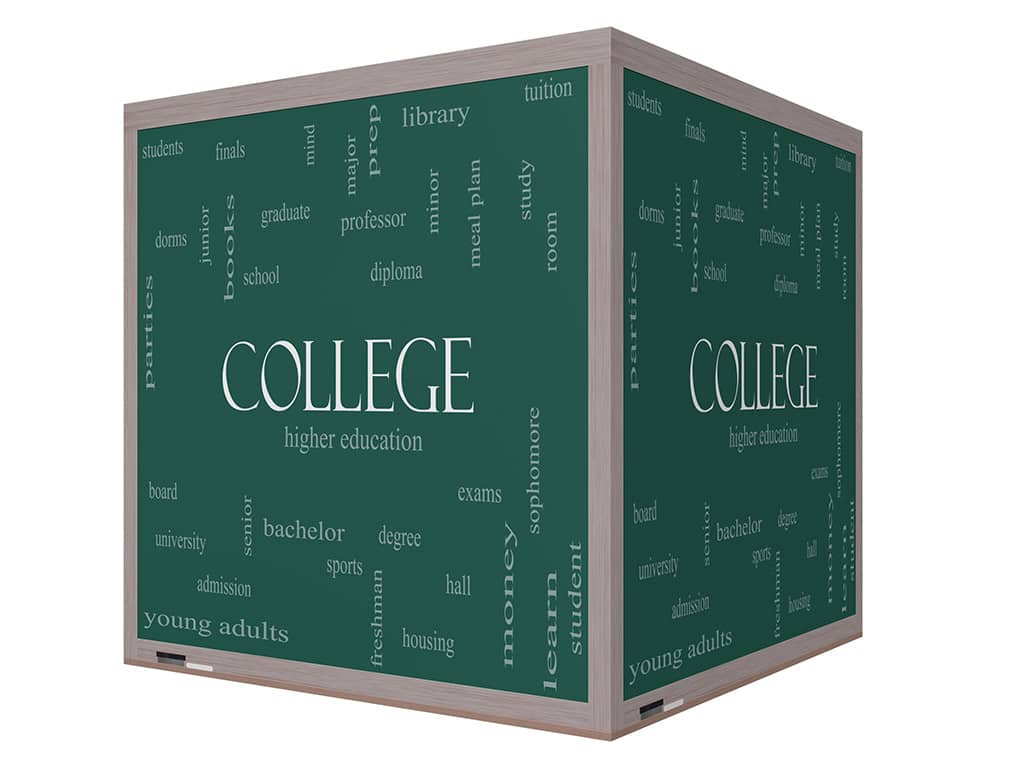Around the world, you can find some weird but true laws. Did you know that in Tennessee, it’s illegal for children to play on Sunday without a license?
Punishing someone for not following the law has been around since the beginning of civilization, but how does it work today? Read this guide on the secrets and truths behind the discovery process in courts today.
Contents
What’s the Discovery Process?
Once you have your attorney such as Prentiss, in both criminal and civil cases take a look at the evidence that each side will use. The best criminal case won’t have surprises thanks to the discovery process.
This allows each side to look at the issues that are disputed, avoid surprises at the trial, and hopefully reach a resolution outside of court. Many cases don’t even make it to court and can reach a settlement beforehand.
It has changed from the past since it used to be about the defendant obtaining evidence from the prosecution. This could include statements by witnesses, records, reports, and more. Today, the prosecution will receive evidence as well.
What the Discovery Process Causes
Many think that this allows the best law firm defendants to win the trial, but this isn’t entirely the case. Sometimes, the prosecution will be more likely to accept a plea bargain instead of going to court. This can lead to a conviction for the prosecutor which is seen as a win.
Most criminal cases end up with a plea bargain. The discovery process allows transparency moving forward.
Even if the information is only slightly related to the case, it could be shared. This of course boils down to the state and its rules. Certain states limit the scope of discovery to information that’s relevant to the case.
Depositions
During the discovery process, you have depositions. This is a statement that occurs outside of the court.
It can be a tape, transcript, or both. Whether you’re the prosecution or defense, you’re allowed to be there for the oral deposition.
This is when a witness’s statement can be taken by the other side in order to prove that the witness statement is invalid. They can include an oral examination that leads to a cross-examination.
Interrogatories
Interrogations are when you write questions to the other party. They’re sent to the lawyer who represents the other side and they have a period of time to answer.
Understanding Good Cause
In some states, they have what’s called the good cause. This is where disclosure could be deferred, restricted, or denied.
Releasing the information could cause the evidence to be destroyed or lost. It could also impact other investigations. The good cause could also lead to witnesses or victims being in danger.
How Long the Discovery Process Takes
The length of time the discovery process will take depends on the circumstances of the trial. Both parties will go through all of the information and evidence that they have. It can be a long process.
During this time, they can also take a look at the different responses and come up with questions. Since it’s a lengthy process with various rules that you must follow, it can be a complex process overall.
When the Discovery Process Can Be Limited
Information can be limited if the intrusiveness, burden, or expense is higher than the possibility that the evidence will help. If one side will be impacted by this, they can submit a motion to the courts.
Different limitations could include:
- Religious or spiritual beliefs
- Body or health issues
- Sexual practices, partners, and sexuality
- Immediate family relationships
Laws are there to protect:
- Religious advisors
- Patients and doctors
- Wives and husbands
- Clients and attorneys
How Civil Litigation Attorneys Help
During your criminal case, it’s important to have an attorney who can sift through the different information since it can be complicated. Whether you’re the defendant or plaintiff, it’s important to have a civil litigation attorney on your side.
Civil litigation attorneys can argue against certain materials, motions of the court, and can oversee and organize the document review process to ensure the information is relevant. They can also prepare you for depositions and conduct them as well.
Also read: 7 Reasons to Hire a Personal Injury Attorney After a Car Accident
The Production of Evidence
This is when you send the evidence to the other party. They provide information either electronically, in items, or documents.
They could include evidence of lost income, proof of insurance, medical records and bills, traffic citations, and more. If it applies, it could include property inspections, employment files, etc.
Understanding How the Process Will Work
Paralegals can help out with the discovery process as well. They’ll take a look at the deposition and take responsibility for the due date. Paralegals will also make note of any requests as well.
There will be a draft of objections before meeting with the attorney who will be part of the case. They’ll draft a transmittal letter to the client that includes all of the necessary instructions along with the different requests. You as the client will get to review the information.
Understanding How the Discovery Process Works
After exploring this guide, you should have a better idea of what’s involved and what occurs during the discovery process. If you have any questions, speak with your attorney before the process occurs.
Would you like to read more informative and digestible content? We can help! Be sure to check out our other articles on our site today.




